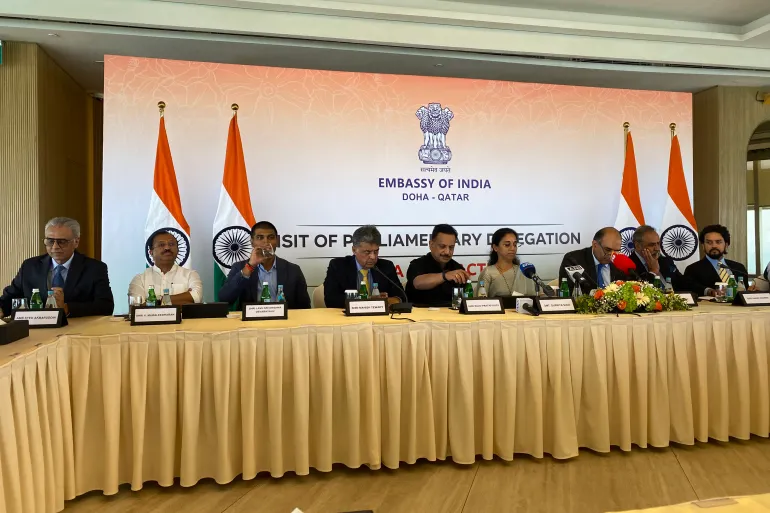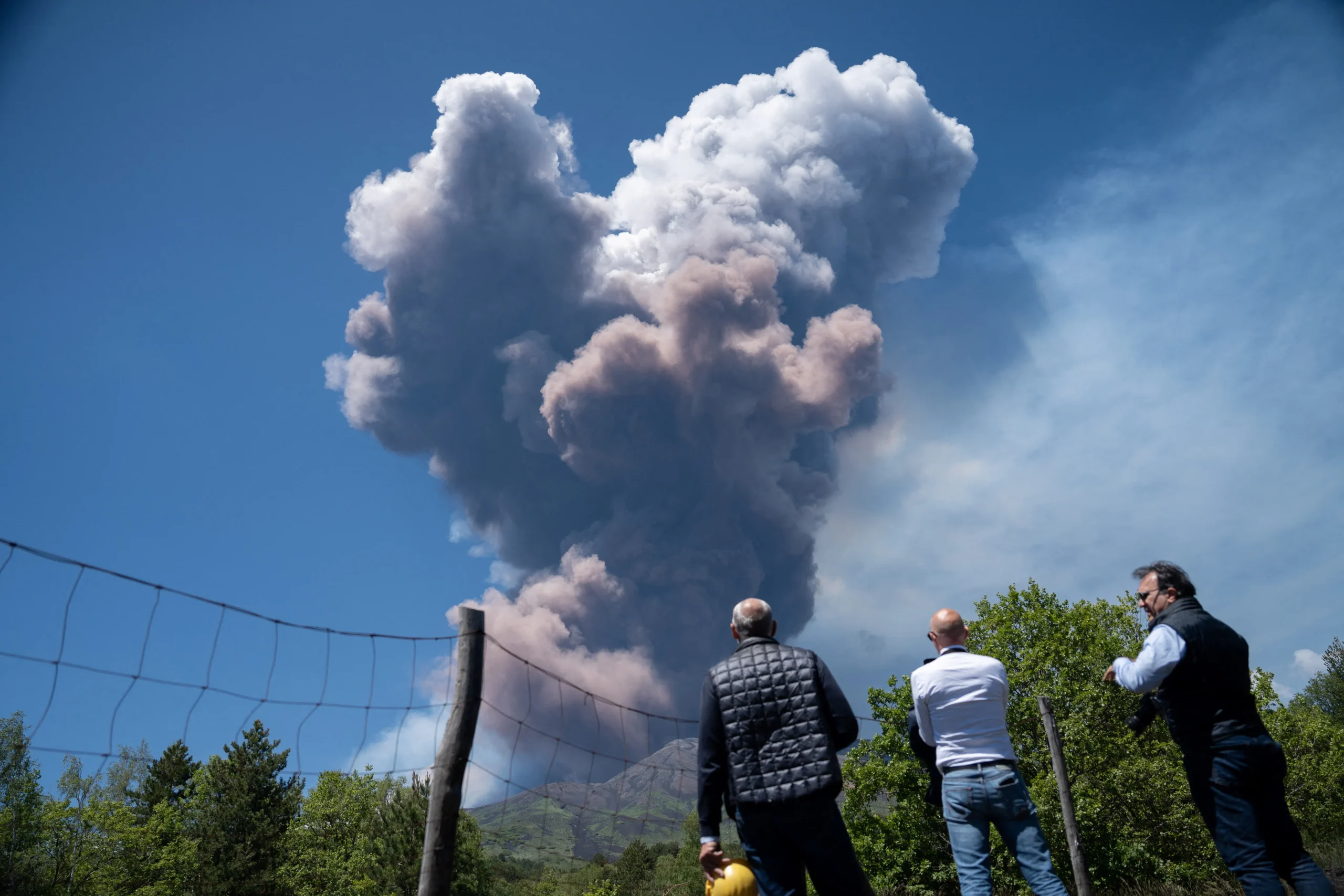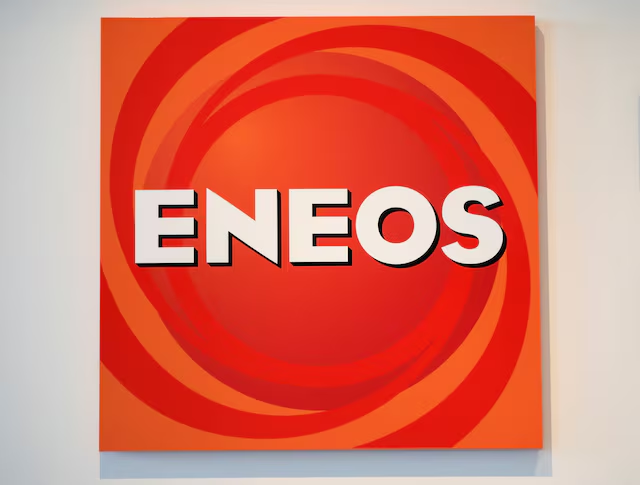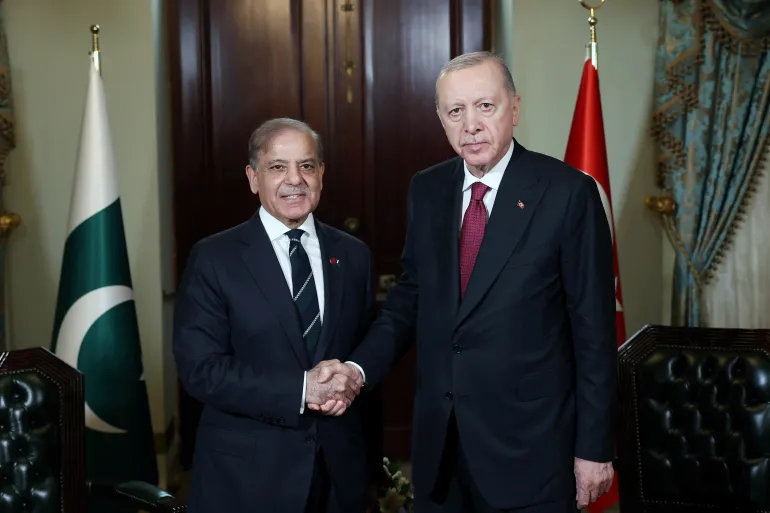Indian parliamentarians have intensified their international diplomatic efforts, using overseas platforms to denounce Pakistan’s role in what they describe as a direct assault on India’s sovereignty and national integrity.
Describing the campaign as essential to safeguarding the “soul of the country,” multiple Members of Parliament (MPs) from the ruling Bharatiya Janata Party (BJP) and other political factions have used global forums and visits to rally international support against what they allege is Pakistan’s continuous support for cross-border terrorism.
The MPs have participated in conferences, bilateral meetings, and public forums across Europe, North America, and Asia in recent weeks. They have made appeals to international lawmakers, think tanks, and diaspora communities to recognise what they call “a sustained campaign by Pakistan to destabilize India through proxy groups and digital propaganda.”
One BJP MP, speaking at a recent event in London, stated that Pakistan’s “export of terror” has inflicted years of suffering on Indian citizens, particularly in Kashmir, and accused Islamabad of sheltering operatives responsible for attacks within Indian territory. The MP added that Pakistan’s actions are “no longer just a regional issue, but a global concern.”
The campaign has been framed as part of a broader diplomatic strategy by New Delhi, which has long sought to isolate Pakistan on the global stage over its alleged support for terrorism. The MPs have urged friendly governments to consider sanctions, curbs on funding, and other diplomatic actions against Islamabad.
India’s Ministry of External Affairs has not officially commented on the MPs’ global campaign but has previously reiterated the government’s position that Pakistan must take “verifiable action” against terror networks operating from its soil.
Pakistani officials have dismissed India’s accusations as politically motivated and aimed at diverting attention from domestic issues. A spokesperson for Pakistan’s foreign ministry recently claimed that India’s narrative is “hostile and factually incorrect,” and that Islamabad remains committed to regional peace and stability.
Meanwhile, Indian opposition parties have offered mixed reactions. Some members of the Congress party have supported the government’s firm stance on terrorism but questioned whether such aggressive rhetoric abroad may affect India’s diplomatic flexibility in future peace initiatives.
Political analysts suggest that this international offensive reflects an attempt by India to shape global public opinion ahead of upcoming multilateral meetings, including those hosted by the United Nations and regional blocs like the G20 and BRICS.
The Indian MPs’ messaging has also targeted diaspora audiences, urging them to amplify India’s narrative on social media and within political networks in their host countries. In several cities, Indian expatriates have organized solidarity events in response.
As the geopolitical rivalry between India and Pakistan continues, such campaigns by lawmakers may signal a shift toward more aggressive global advocacy by Indian political actors. The long-term impact of this diplomatic offensive remains to be seen, particularly amid evolving alliances and tensions in South Asia.
Source; Al Jazeera



